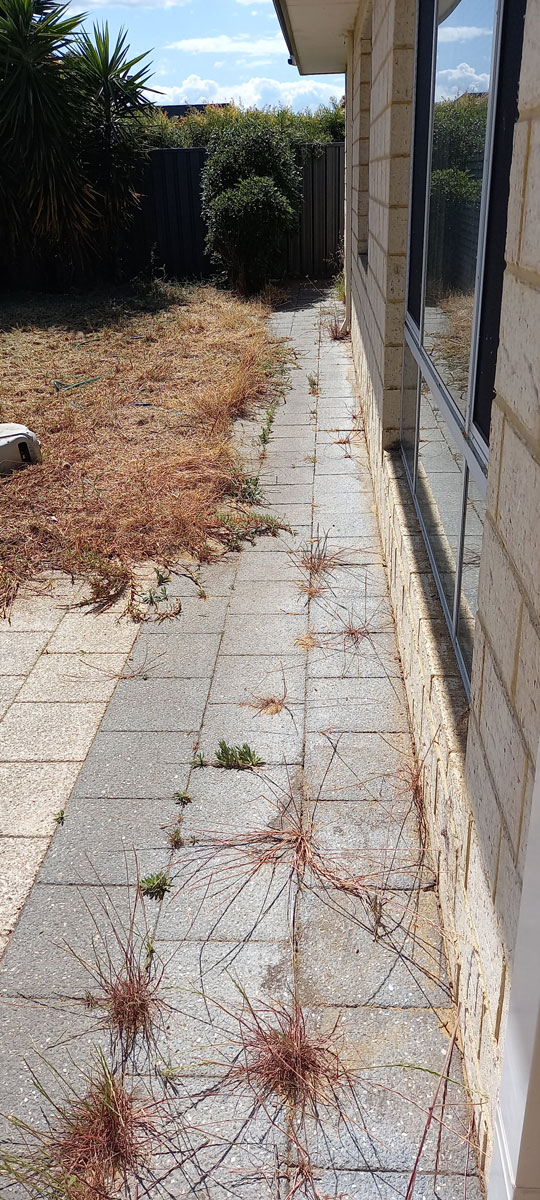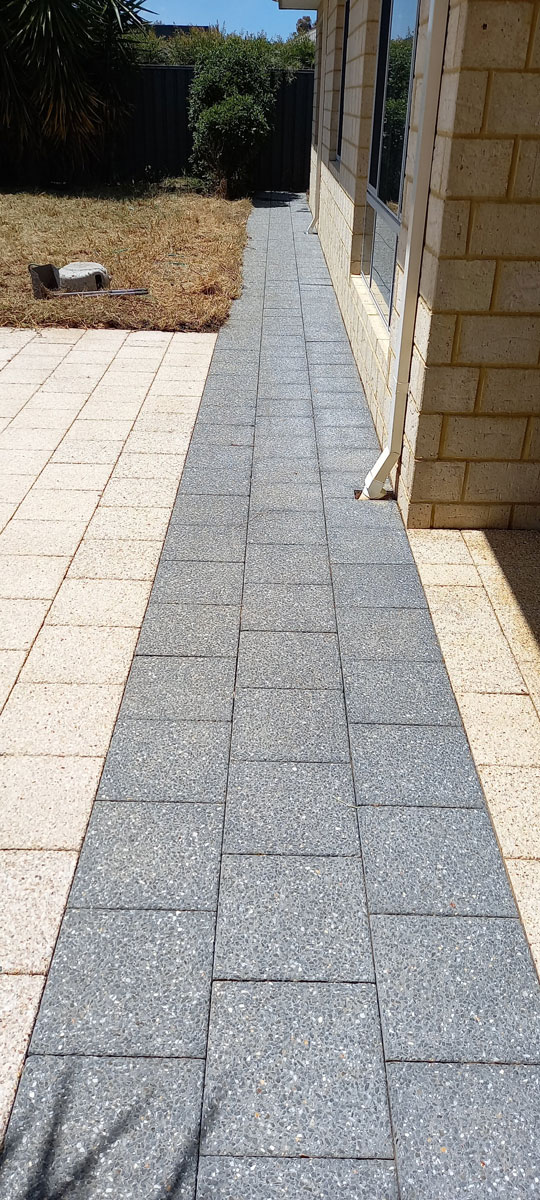Sealing pavers is recommended by most manufacturers and contractors for one reason.
The materials pavers are made of are porous. This means your pavers will absorb liquids, and that’s what makes stains happen.
When a paver absorbs water, that’s ok, it will darken for a while, but give it time, and all that water will evaporate. The real issue is that your pavers are also subjected to oil, hard water, rusty water, grease, and so on.
When those liquids penetrate pavers, they will cause a very hard to remove, often impossible to remove, stain.
The sealer is supposed to both penetrate on the pores of your pavers and make them impervious and create a film that will also protect its surface, making it easy to clean. A properly sealed paver will not stain and any marks on it will be easily removed.


